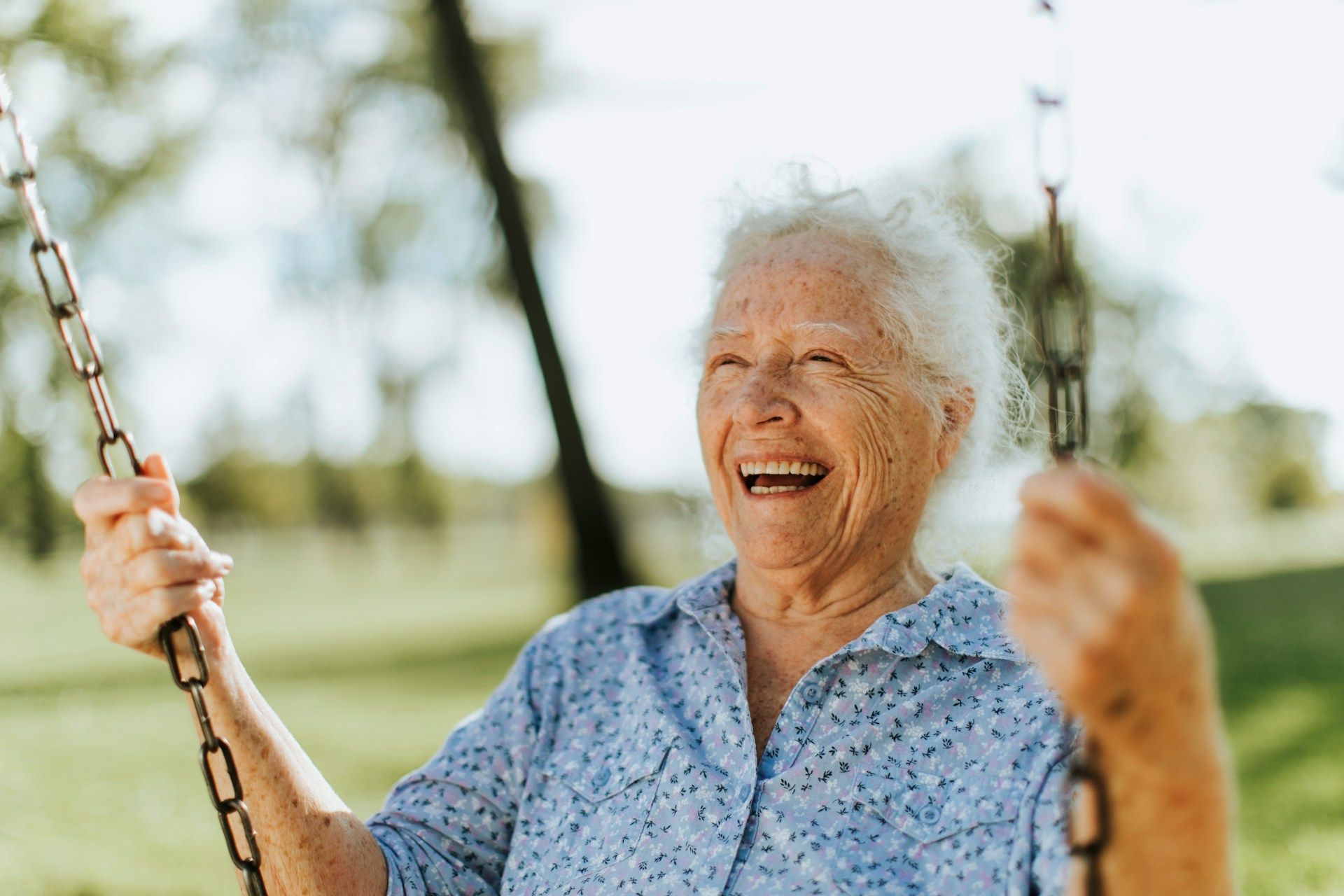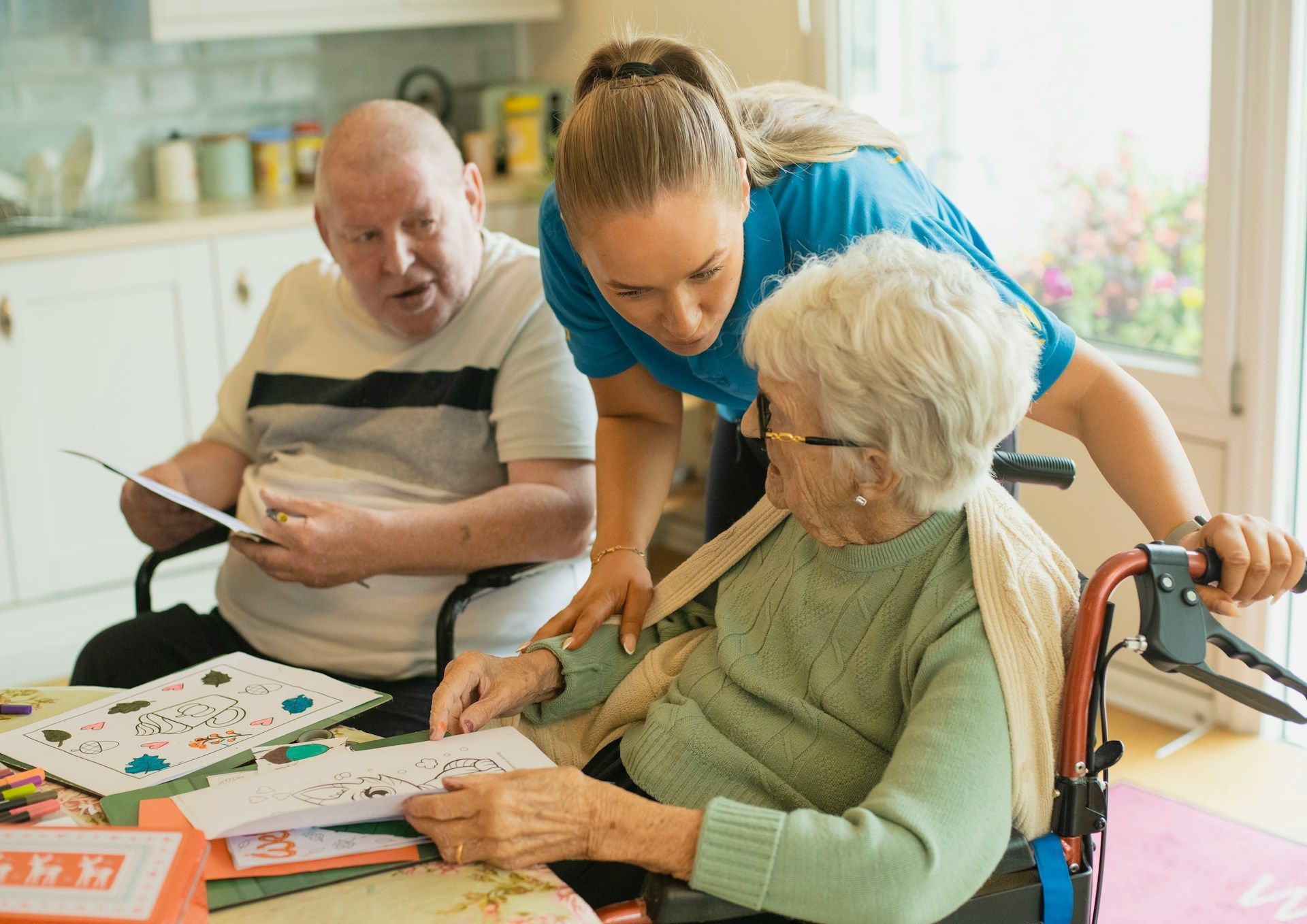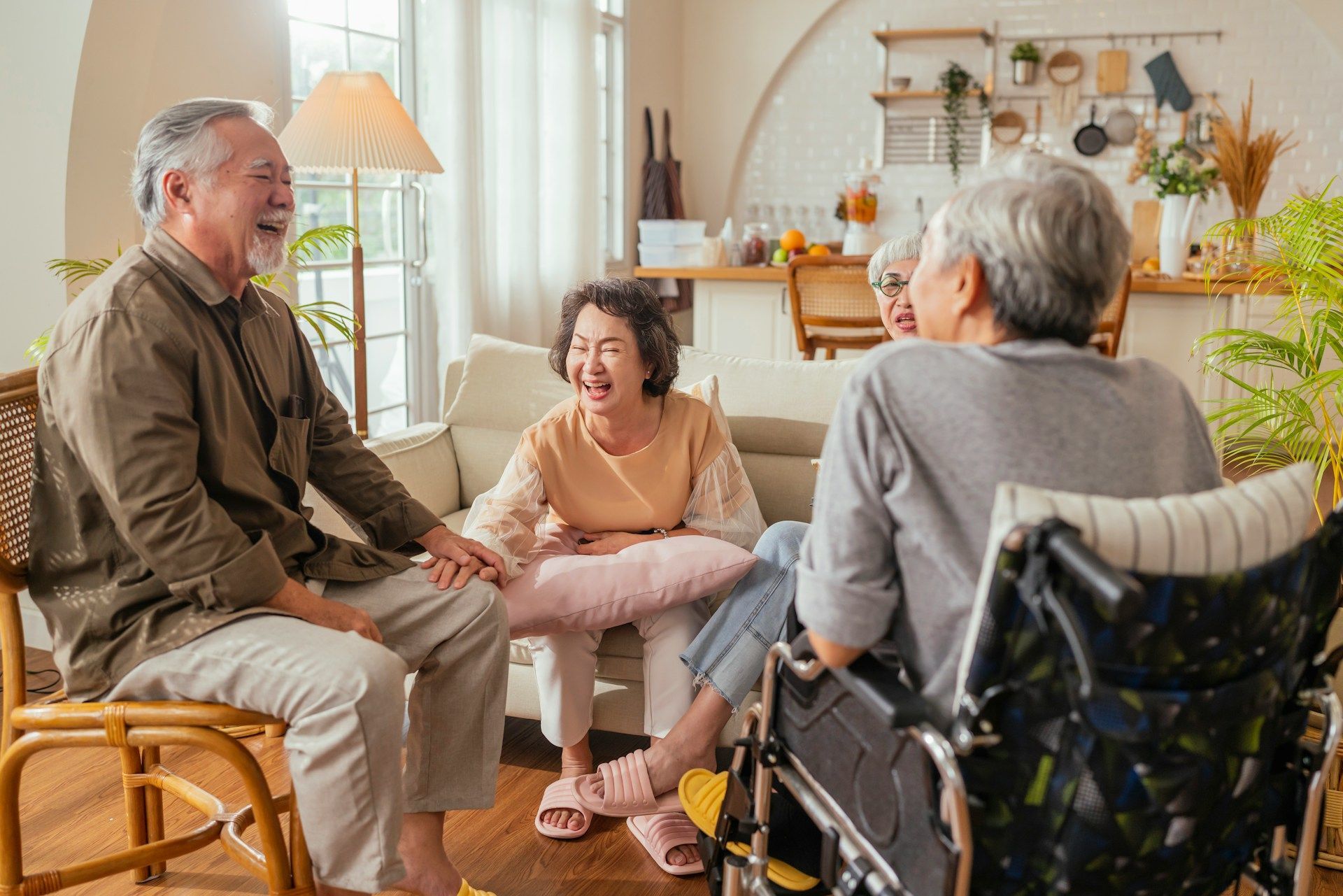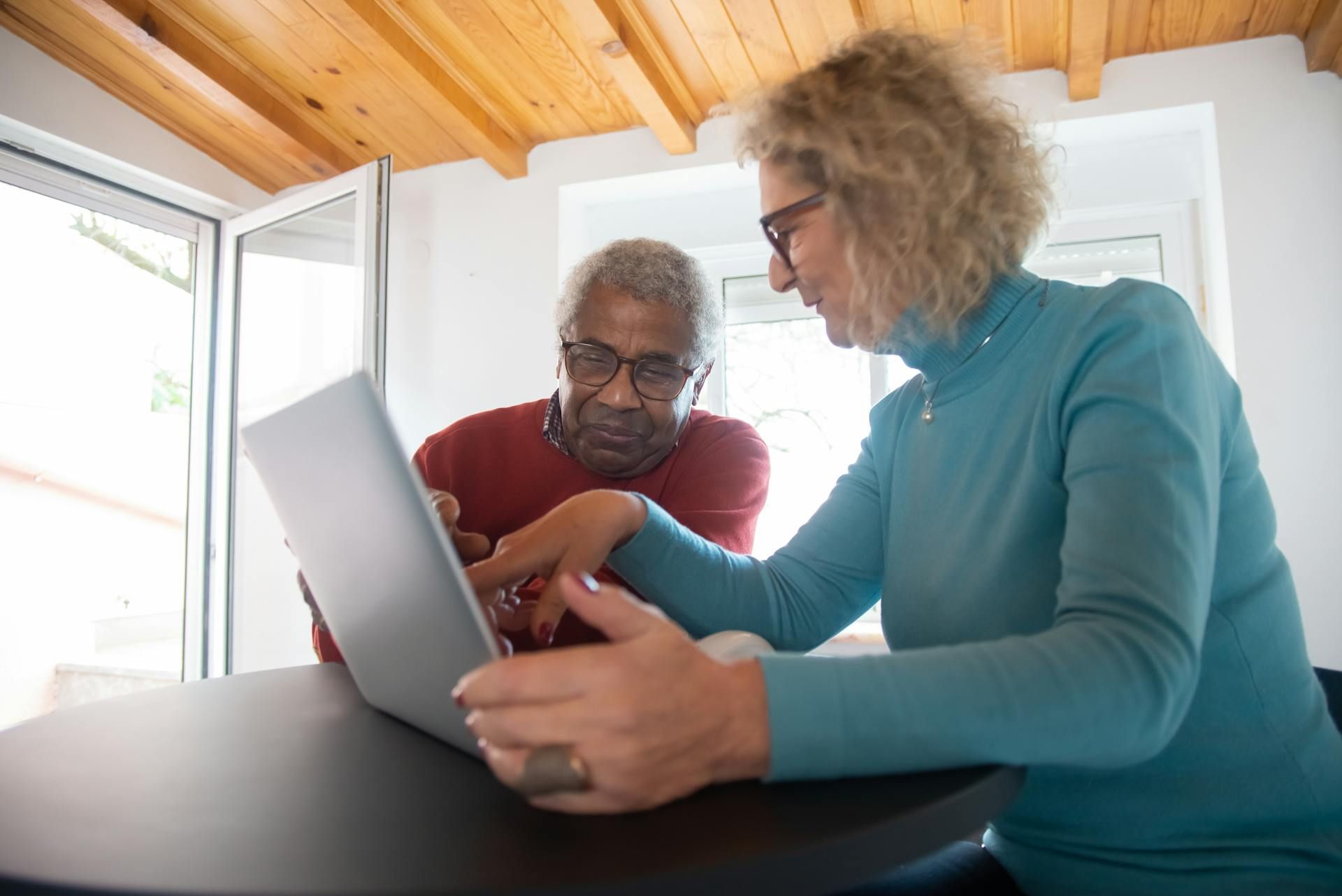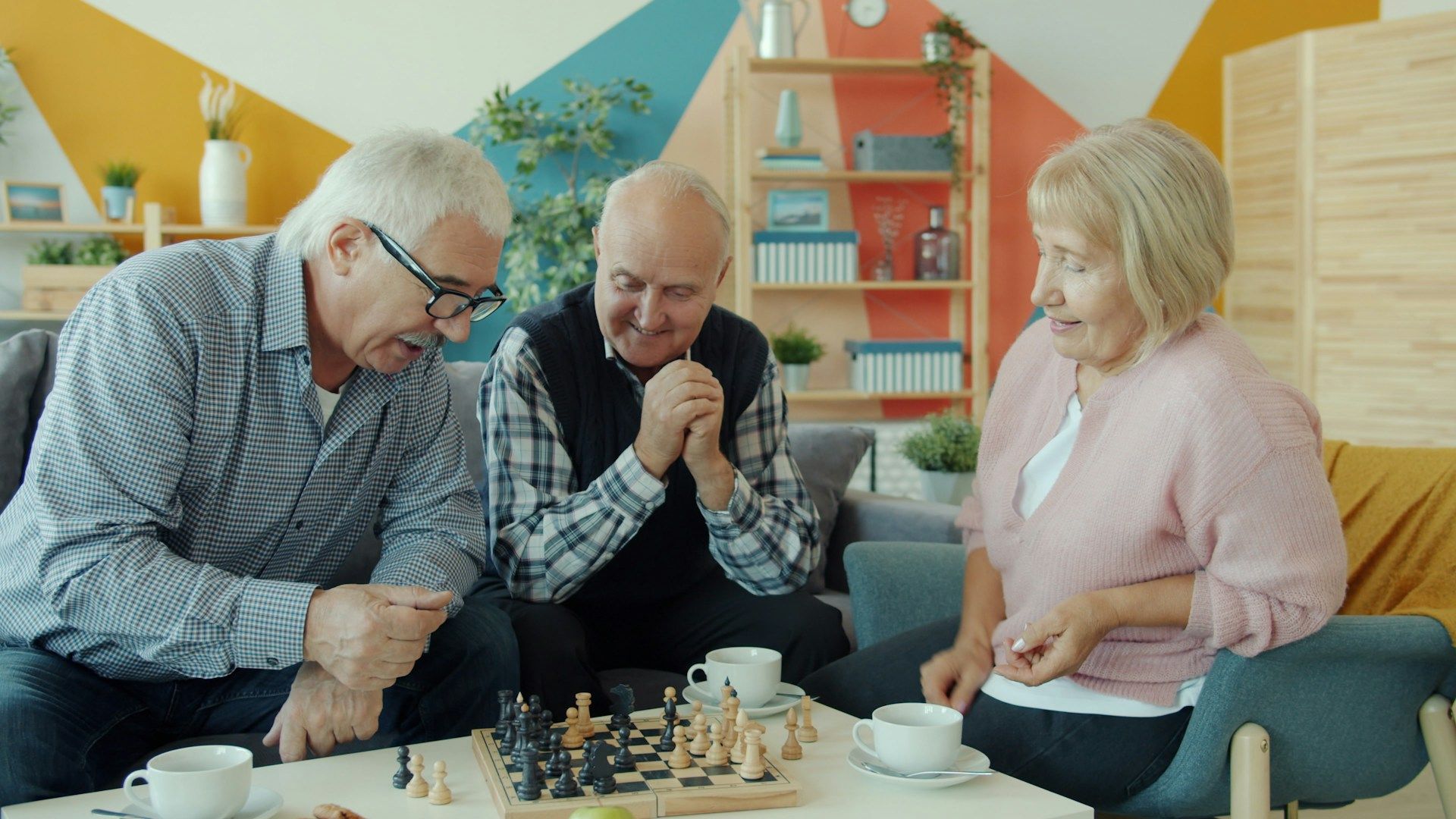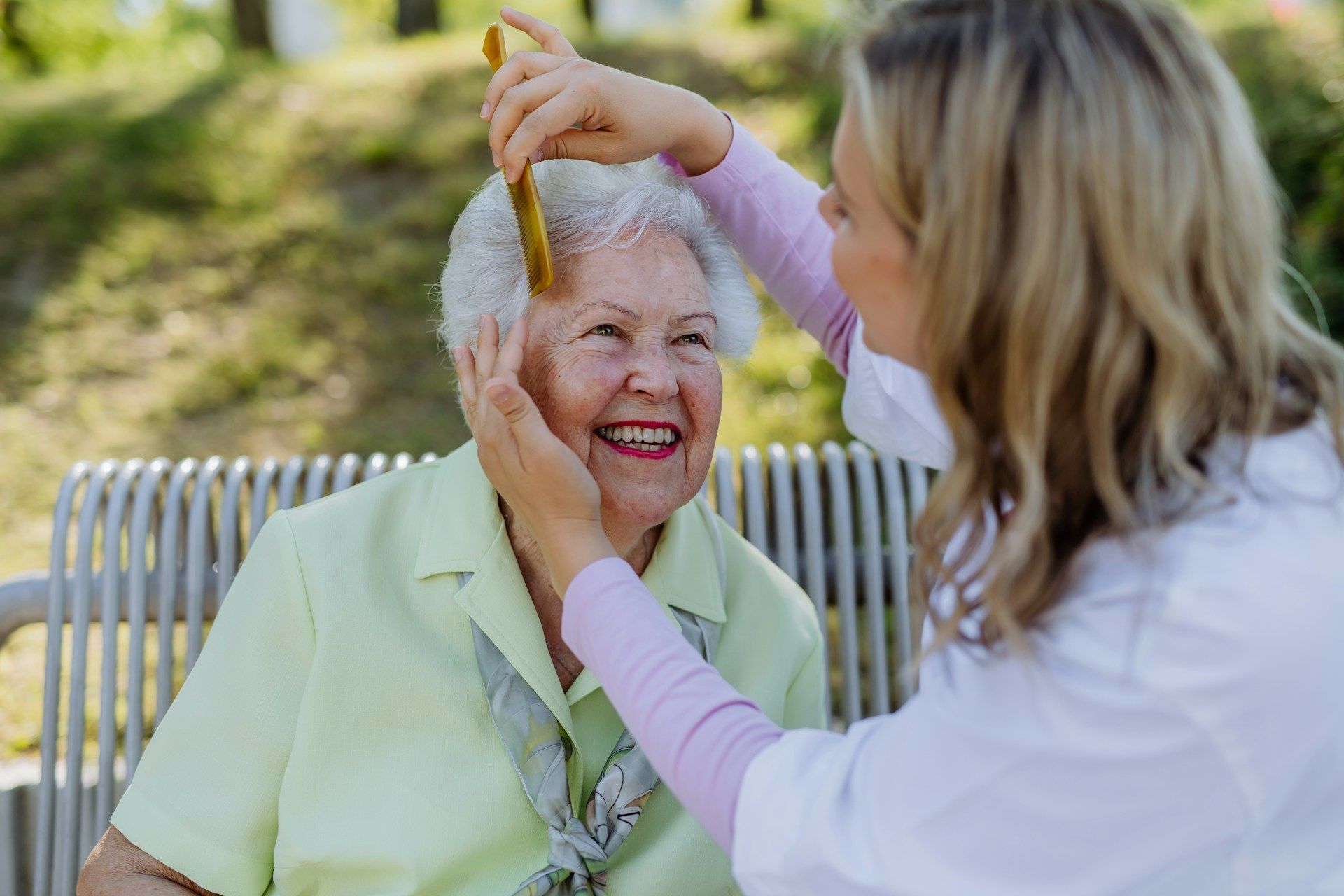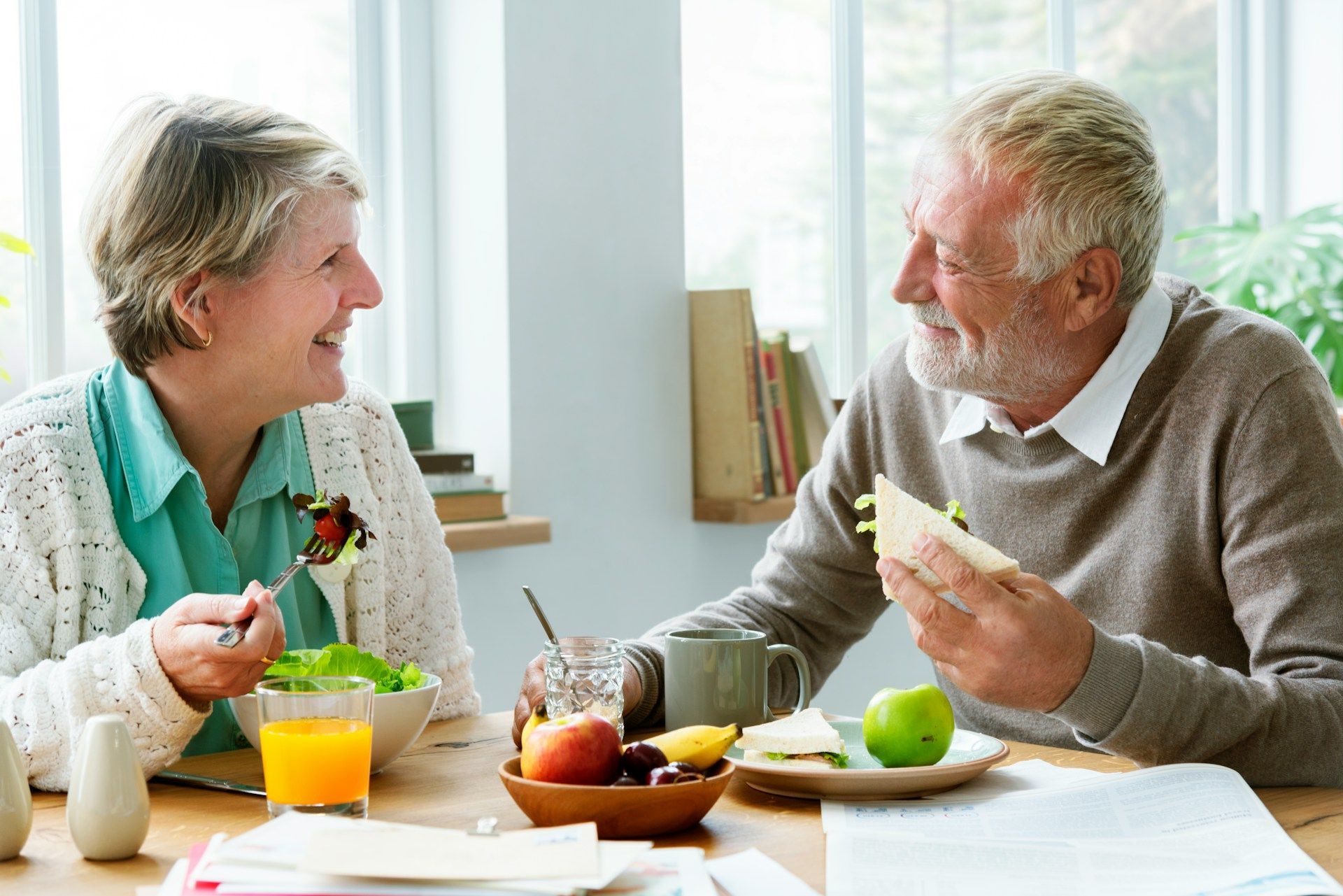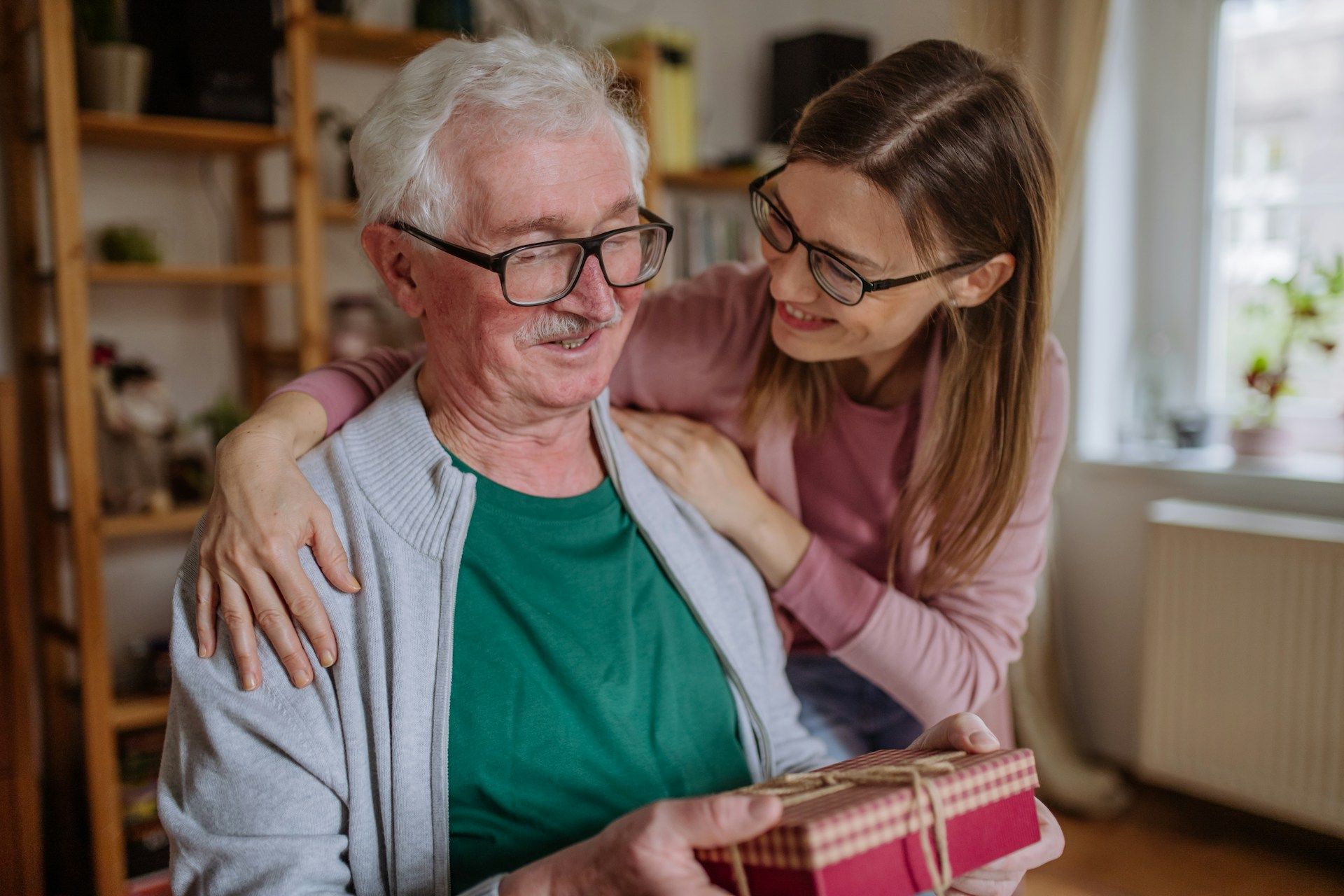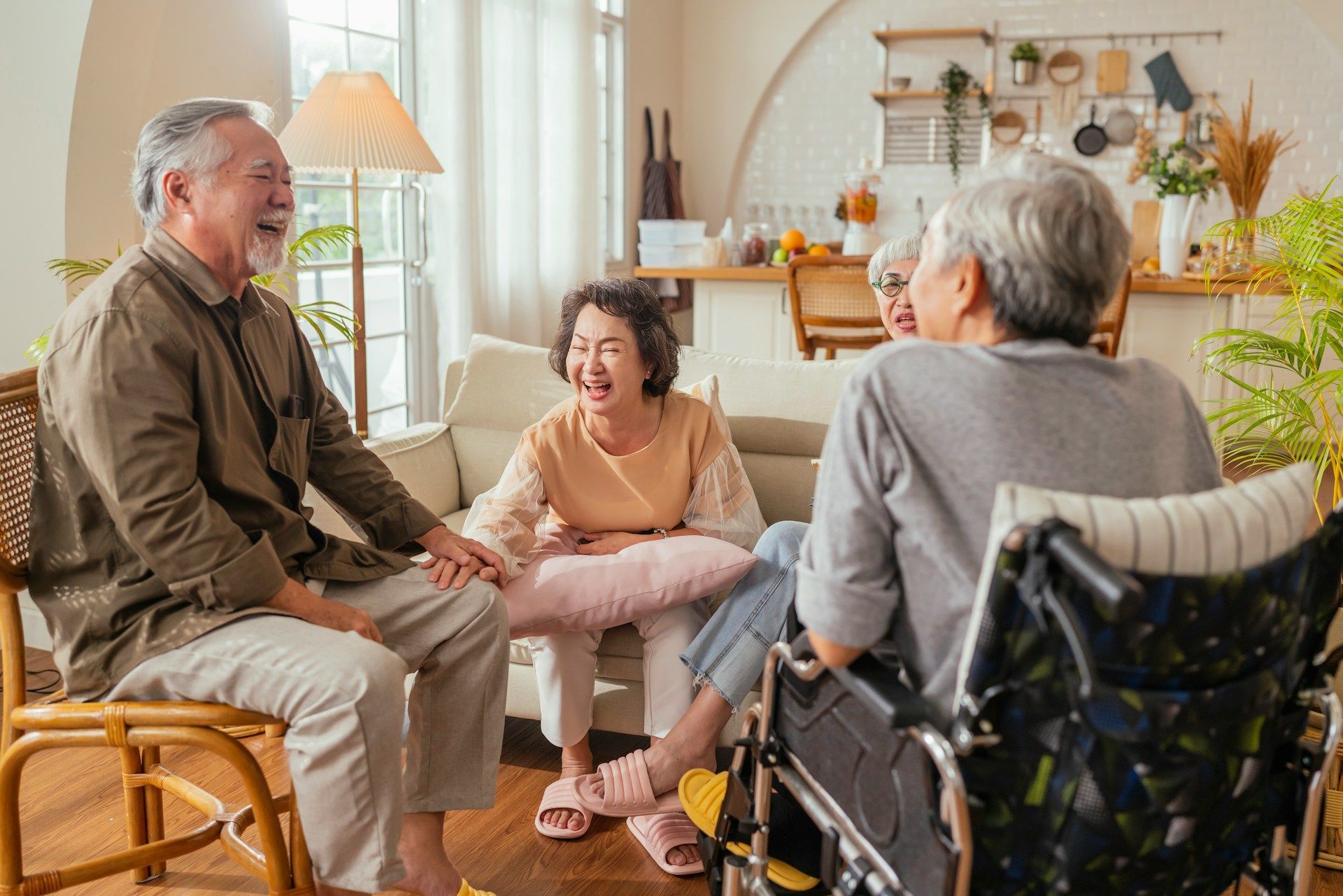What to Expect During Your First Caregiver Training Session
Taking care of a family member who needs help with their daily routine can start out simple. You might pick up medication, help organize appointments, or just check in more often. But as time goes on and care needs grow, so does the pressure. Many family caregivers find themselves feeling unprepared. That’s where caregiver training comes in. A structured class can help people feel more confident, understand their loved one’s needs better, and learn how to handle challenges safely.
Starting your first caregiver class on Oahu might bring up a mix of emotions. You might be wondering what the day will be like, what kind of people will be in the room, or if you’ll be expected to know anything right away. Caregiver classes are designed to help you, not test you. Whether you’re caring for a parent, spouse, friend, or relative, the goal is to give you tools and support so you don’t have to figure everything out on your own.
Understanding Caregiver Training Classes
Caregiver training teaches practical skills used when helping someone who is aging, disabled, or medically fragile. These classes often combine classroom time with hands-on learning so you can practice new skills right away. It’s not a lecture-type setting. Many classes are interactive, giving you a chance to ask questions and learn by doing.
Family caregivers often come into these classes with no medical background. That’s completely normal. The goal is to guide caregivers step by step, through realistic situations they might face at home. This includes overseeing medication schedules, preparing meals, helping with mobility, or knowing when to call for outside help. It’s also about understanding how to spot early warning signs if something doesn’t seem right.
If you live on Oahu and have never taken one of these caregiver classes before, they can offer a lot more than just information. They can also connect you with others who are going through similar experiences. Sharing a room with someone else who's had a tough week caring for a loved one can take away some of the loneliness that often comes with the job.
Some parts of caregiver training may include:
- How to safely help someone move from a bed or chair
- Tips for tracking medications and appointments
- Ways to manage challenging behavior gently
- Basics of personal care like bathing or grooming
- How to manage stress and avoid burnout
When you leave the class after your first few sessions, you should feel more capable — not just about the tasks ahead, but about handling them in a steady, calm way. These classes offer peace of mind that you're doing things right and not accidentally making things harder for your loved one or yourself.
What To Expect On Your First Day
When you arrive for your first caregiver class, you don’t need to bring any special gear or be nervous about knowing everything. These sessions are built to support you, so trainers don’t expect everyone to have the same experience or comfort level. You may see others taking notes, asking questions, or just quietly observing. That’s all welcome.
The schedule for the first session usually includes a short welcome, an overview of the class goals, and a few simple exercises or icebreakers. Don’t worry — nobody puts you on the spot. These conversations are meant to help the instructor gauge what the group already knows and where anyone might need extra help. Some classes pass around checklists or do a short survey to help you spot how much you’re already doing at home.
A big part of the first day is introductions. Not just who you are, but the story of who you’re caring for. It’s helpful to hear from others, whether they’re taking care of their husband, mother, or adult child. This shared experience can make you feel part of something bigger rather than handling everything alone.
Topics usually covered in that first session include:
- Personal health and safety, both yours and your loved one’s
- Communication tips for difficult situations
- Basic caregiving guidelines and what’s expected going forward
- Reviewing upcoming sessions and any materials you’ll need
By the end of the day, you’ll have a clearer idea of the structure and purpose behind caregiving and what you can expect to learn over the next few lessons. You’ll leave with a stronger sense of where you are in this journey and that help is out there. Even one step at a time can make a big difference.
Hands-On Learning And Practical Skills
One thing that makes caregiver classes on Oahu especially helpful is the hands-on approach. It’s one thing to watch someone demonstrate a care task, but doing it yourself under guidance makes a big difference. Most first sessions start with easy tasks to get you comfortable, like practicing how to take a temperature or help someone sit up in bed without straining your own body.
Instructors usually walk around the room to make sure you’re holding equipment the right way or using a lift belt correctly. They’ll show you techniques for safe movement and positioning. Some classes offer dummy models to practice things like transferring a person from wheelchair to bed or fastening a gait belt securely. This kind of practice makes you feel comfortable before trying it at home.
Another useful part of training is learning how to manage medications. You won’t be expected to understand every detail right away, but knowing how to read a label, store prescriptions safely, and avoid mix-ups can prevent trouble later. The classes often share real-life examples of common mistakes, like giving a dose too soon or storing meds in a bathroom cabinet where heat and moisture affect them. Hearing those stories helps you remember the lessons better.
Depending on the size of the group and how the class is run, you might get individual feedback or work in small groups. Some people are surprised by how supportive others are. One local caregiver shared that her biggest fear was lifting her father after a fall. After practicing with an instructor and getting tips from classmates, she doesn't panic when that situation happens anymore. That kind of shift only happens when you actually get to try things in a low-stress setting.
Here’s a look at what you might practice during a hands-on session:
- Transfers between beds, chairs, and toilets using proper body mechanics
- How to bathe someone respectfully and efficiently
- Basic wound care or skin checks to avoid sores
- Using walkers, wheelchairs, or home aids safely
- Practicing calm and clear verbal cues for someone who’s confused
You’ll walk away from this part of the class with more practical comfort, which can go a long way when you’re handling real-life caregiving at home.
Support And Resources During Training
Caregiver training isn’t just about learning techniques. It gives you access to a network of support that sticks with you even after the sessions are over. On Oahu, classes often include an instructor with medical or caregiving experience who knows how to explain things in a clear, pressure-free way. These instructors care as much about helping you succeed as they do about your loved one’s safety.
During training, you’ll usually receive printed handouts or a small booklet. These materials can become a go-to reference when you’re back home and need a quick reminder. Some programs also share video clips that you can rewatch on a phone or tablet, which helps a lot if you learn better by seeing things step-by-step.
You might also hear about support groups or caregiver meetups happening right on the island. These are good for continuing the conversations that start in class. People swap tips, vent frustrations, and sometimes just sit with each other to avoid going through caregiving alone. Even just knowing who to text when something unexpected comes up can be a relief.
Trainers often provide lists of local contacts too, like case managers, transportation help, or respite care options. Not everything fits into a classroom setting, so having those added resources means you know where to turn when something falls outside your comfort zone. If you're still working a job or managing other family needs, just knowing there's real help available makes it easier to keep going.
You're More Ready Than You Think
By the end of your first caregiving class, you’ll realize you’re already doing so much — and probably more than you gave yourself credit for. The training fills in gaps, improves safety, and helps you understand why certain tasks matter. You’ll figure out techniques that save time and energy, and you’ll avoid common mistakes that often come from guessing your way through things.
Caregiving is tough. So is showing up to a class when you're already emotionally and physically stretched. But those who make the time quickly see the difference. It’s not just about learning new tasks. It’s also about lifting the weight off your shoulders. You walk out better prepared and a bit less overwhelmed.
Taking caregiver classes on Oahu isn’t about becoming perfect. It’s about learning how to do your best without burning out. And once you complete your first training session, you’ll feel stronger, more hopeful, and more connected — to help, to knowledge, and to others who understand what you’re facing.
Enhance your caregiving skills with our expert guidance. Participating in
caregiver classes on Oahu helps you provide the best support for your loved one while easing your own caregiving journey. Hale Hau’oli Hawai’i offers the resources and community connections to make caregiving a more manageable and rewarding experience. Join us and discover how informed care can transform your approach to supporting those you love.


